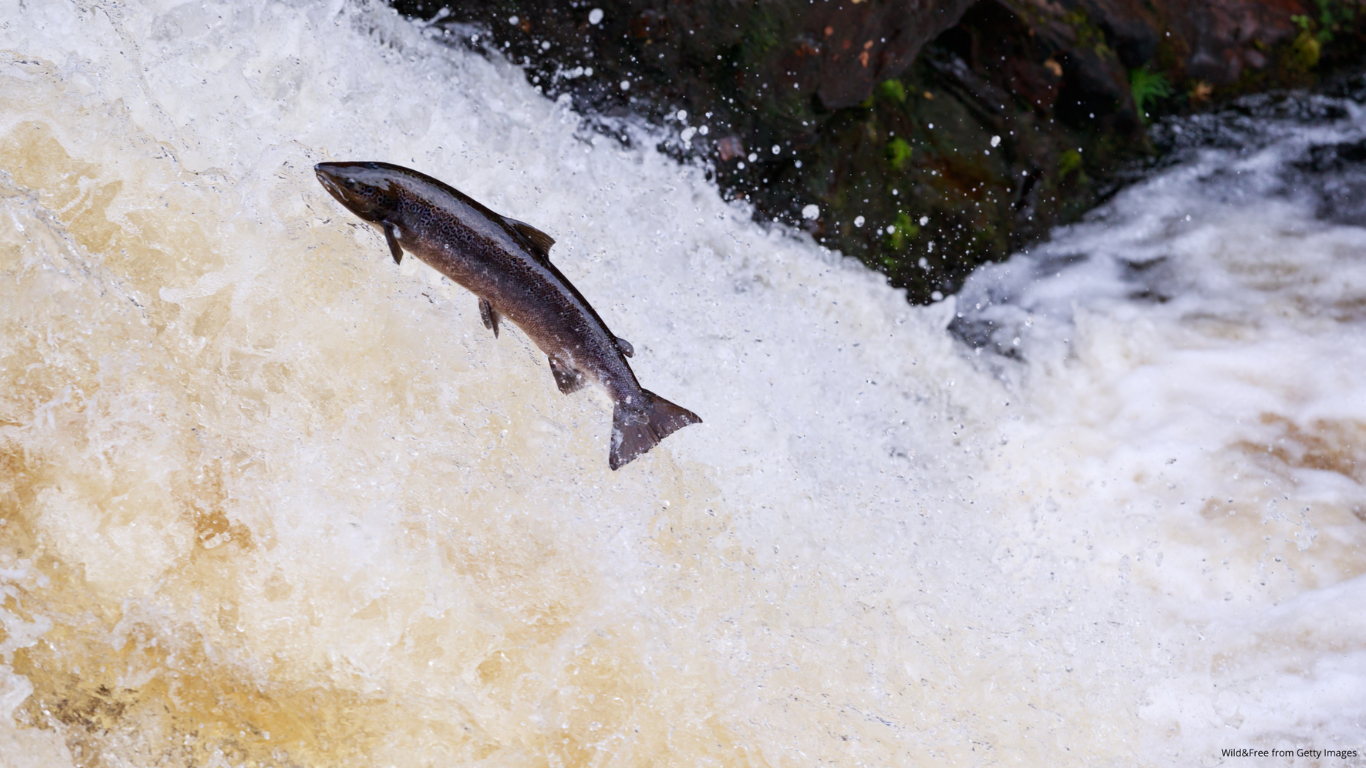EU Commission upholds Fisheries Law: Finland's 2025 Atlantic Salmon quota reduced after unjustified overfishing in 2024

7 May 2025 - Yesterday the European Commission took a strong decision to deduct Finland´s 2025 Atlantic Salmon quota due to unjustified overfishing last year. This action is a clear application of the EU fisheries rules - aiming to ensure sustainable fishing practices and compliance with established quotas - and an important precedent for the consistent enforcement of fisheries law.
In 2024, Finland was allocated a strict by-catch quota for Atlantic salmon, with direct fishing prohibited, except for some specific, minor exceptions. Despite this, Finland reported catching 3,162 salmon in a targeted fishery, under a claimed derogation stating the fishery was for scientific research purposes. Upon review, the European Commission concluded that these activities did not meet the legal standards for such an exemption and therefore found this claim unjustified.
The number of vessels participating, 32, the number of salmon caught as well as the fact that Finland refused to re-release the salmon after conducting the “scientific research” are all reasons why the fishery cannot be considered to have been carried out for scientific research purposes. As a result, the same number of salmon caught beyond the legal limit in 2024 is now being deducted from Finland’s 2025 quota, from the same stock.
“We welcome the Commission's decision to take enforcement action and apply the law as intended. It sends a clear message to Member States that exceeding quotas will have consequences. However, more consistent enforcement is urgently needed across EU waters, especially in the Baltic Sea, where many fish stocks are collapsing and the ecosystem is in a poor state” said Aimi Hamberg, CCB Marine Policy Officer.
The
Ministry of Agriculture and Forestry of Finland has already responded to the Commission´s quota reduction for Atlantic salmon by stating that this decision “is not legally justified” and they will consider taking legal action against it.
As this matter continues to evolve, it is highlighting the importance of collective responsibility in managing fish stocks sustainably. Species like salmon,
herring and
cod, are under increasing pressure due to overfishing, climate change and habitat loss. In this context, rule enforcement is not just a bureaucratic step but a necessary action to ensure the long-term sustainability of marine life in the Baltic Sea.

